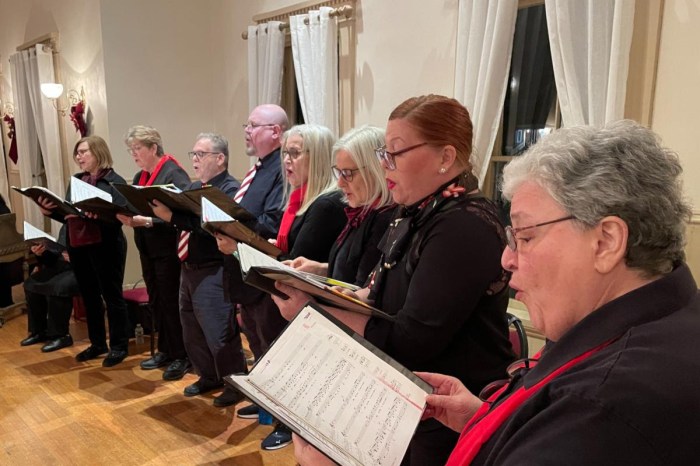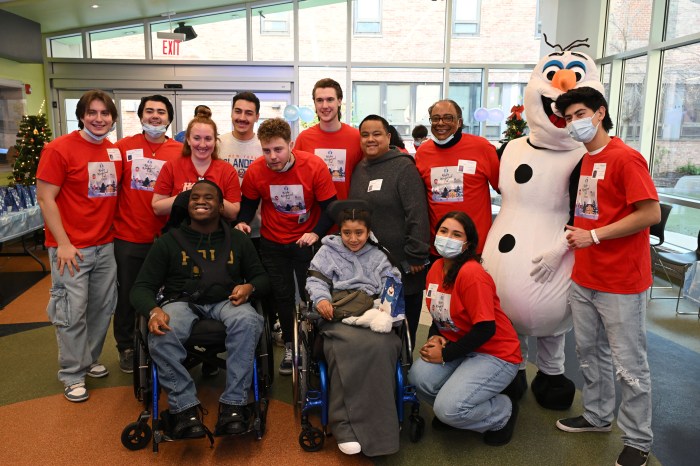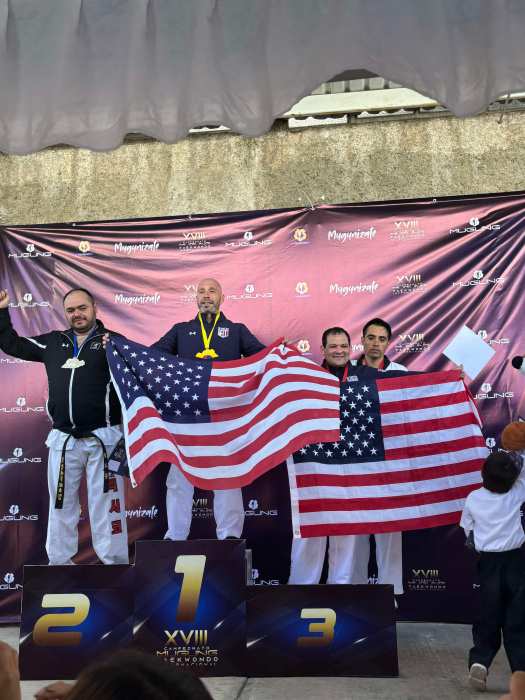By William Lewis
One of the most closely watched City Council races in Queens has ended in a loss for Dennis Saffran to Paul Vallone. It was a highly competitive campaign. Although both District 19 candidates campaigned hard, it was Vallone who was able to get about 300 people to turn out on Election Day and help his campaign.
Most of his volunteers came from labor unions, especially the firefighters union. It seems that these volunteers came from all over the city. It had a major impact on the election results. Saffran had a smaller group of volunteers, although they were enthusiastic about his campaign.
The poor showing of Republican mayoral candidate Joe Lhota affected the entire slate of Republican candidates, especially for Council. With Lhota getting less than 30 percent of the vote for mayor and city Public Advocate Bill de Blasio getting more than 70 percent of the vote, it was bound to hurt Republican Council candidates.
Saffran raised social issues constantly in his campaign mailings and at candidate debate forums. He stressed maintaining the city police policy of stop-and-frisk in addition to his opposition to the Community Safety Act, which restricts police activities. He strongly opposed giving voting rights in local elections to non-citizens.
It was to no avail. Vallone had the advantage in financial resources, manpower, name recognition and the benefit of a strong ticket starting with the mayoral candidate.
Saffran had hoped for a large turnout in his base of Douglaston and Little Neck, where he lives. He did make a good showing there, but it was not as good as he had hoped. It did not make up for the lesser showing in other areas.
The general results indicated that Vallone won by a percentage of 57-43.
It was shortly after 11 p.m. when Saffran spoke before his campaign supporters and conceded the election. He thanked everyone for their efforts and called for party unity.
He praised former state Sen. Frank Padavan for his help, especially on Election Day. Padavan was at PS 41, during which he helped to campaign. He spoke of his family. His son Nick took time off from college to work on his father’s campaign.
This campaign was a lot different from four years ago, when Queens Republicans won three Council seats. This election year was a lot different from past citywide races. The race for mayor set the tune for all city races. Saffran ran a good race, but the opposition forces against him prevailed.
The Council next year will be made up of at least 48 Democrats out of 51 members, with a Democratic mayor. It seems New York City voters wanted change in government policy, so that is what we will be getting.
It has been a long election process with the primaries in both major parties going from January to September, a period of more than eight months. The general election lasted only about eight weeks. This type of election with the time element of the primary and general elections has been with us since the 1970s.
It is time the state Legislature consider restoring the June primary that we had prior to the 1970s. This would give several advantages to the electoral calendar. First, petitions could be done in April and early May, when more people are available to sign petitions and the weather should be better for those circulating petitions.
More time could be spent preparing for the fall general election. This would mean more emphasis on the general election and less time on the primaries. This could lead to a better electoral system.
In all, it was an interesting year with the various races. Next year will be the race for governor and other statewide races. Hopefully, the number of citizens who vote in elections will improve.



































